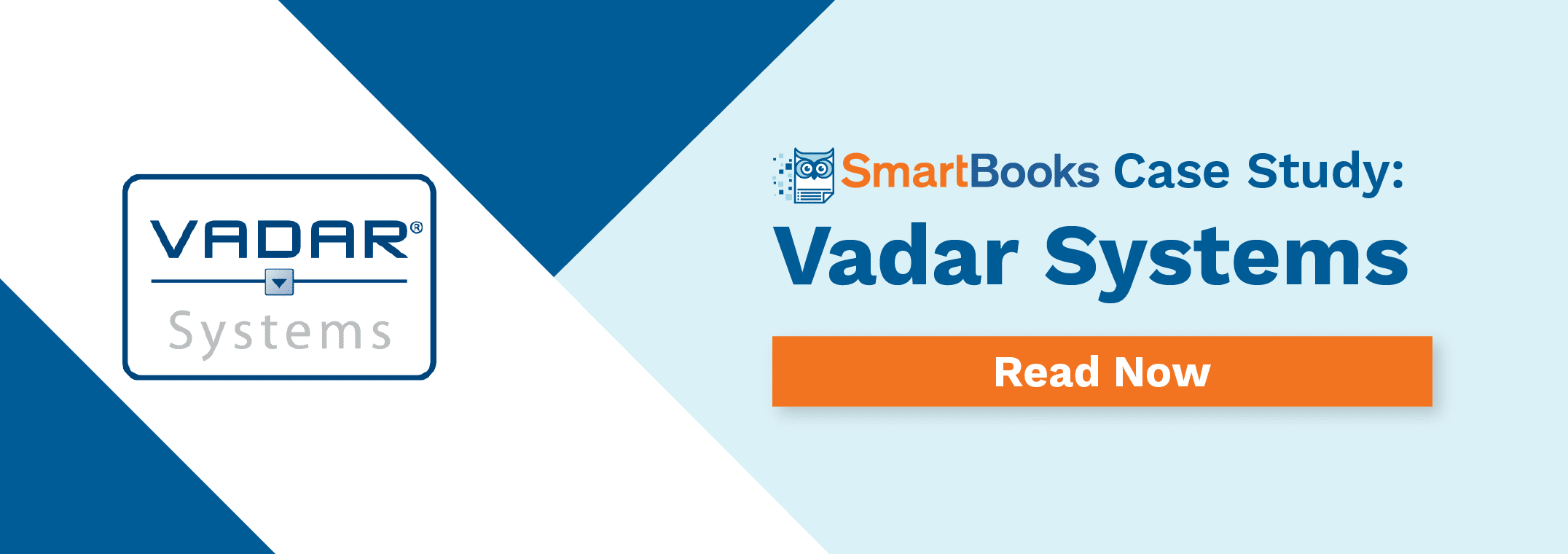If you are like most business owners, you went into business for yourself to do what you love, or at least to build something for yourself instead of someone else. You wanted to be in control, to live the lifestyle of your choosing, and produce income that supports your hopes and dreams.
Sadly, too many business owners are struggling:
- They are not making the money they hoped to be making.
- They don’t really know why.
- They don’t know what to do about it.
Large companies have a finance and accounting department with many full-time employees led by a Chief Financial Officer (CFO). These companies have robust measurement systems in place to understand how their businesses are performing and what is contributing to and detracting from their results. When these companies face financial headwinds, they aggressively analyze the situation and figure out a way to restore and improve financial performance.
This is well beyond the means of small businesses, many of whom struggle to get basic financial reporting and forecasting that is timely and accurate, let alone strategic planning and analysis.
Luckily the last decade has seen the rise of the Fractional CFO business model, which makes CFOs available to small businesses on a part-time basis and thus at a price they can afford.
Although Fractional CFOs need the skills of a traditional CFO, the nature of Fractional CFOs require additional skills and considerations both by the Fractional CFO and by you as the client. Some of these differences in the Fractional CFO model include:
- The 80/20 approach often is appropriate. Small businesses usually don’t need, nor do they have the budget for, 99%-level results expected in big businesses. Yet the 80%-level result is often far better than anything you have previously received. Once you get to 80%, you can decide if it is worth investing more to upgrade the level of support.
- Fractional CFOs are independent contractors of the client, not employees or officers of the business. As such, they can’t sign contracts or write checks on your behalf. They can do a lot for you, but legally they don’t represent you the same way that a full-time officer of your business would.
- Fractional CFOs are responsible for the financial operations and outcomes experienced by their clients, yet they do not directly manage the staff doing most of the work, nor do they usually work out of your office. You can’t expect too much operational management from a Fractional CFO.
- Sometimes full-time CFOs bear down, work long hours, and grind out a lot of work themselves. Fractional CFOs usually must work through others with clear direction and delegation to keep their billable hours to a reasonable cost.
- Fractional CFOs work across multiple clients and industries and are very dynamic. They won’t take long to get up to speed on your business.
I put together the following checklist to assess whether you might benefit from a Fractional CFO:
- You have clearly defined financial goals in a framework spanning from this month out through 3-to-5 years into the future.
- You are getting the financial information and insights that you need to run your business and you are achieving your financial goals.
- You track metrics on a weekly and monthly basis that tell you how you are tracking against your financial goals.
- You have a monthly and annual budget and forecast, and compare actual results against your budget and forecast.
- You have planning and analysis to assess your current performance and decide what steps to take to position yourself to achieve your longer-term objectives.
- You want to raise external capital from investors and have not raised over $1 million before.
- You have a trusted financial advisor for your business you can count on to look out for your financial interests. I’m not talking about personal financial guidance that someone like Mindy Davis and her firm do a great job with, and I would recommend her to help get your personal finances in order for eventual retirement or to help you understand how much money you need to sell your business for to be able to retire. Rather, I’m talking about someone focused on your business’s financial interests.
- You want to sell your business within the next few years and have not sold a business before. Glenn Grant and his ValueBuilder program can help you align your business operationally to maximize the value and reduce the likelihood of a lengthy earn-out on exit. Matt Rudnick can run your sale process when the time comes for you to go to market. Along the way, someone will need to review and clean up and beef up your financial policies and procedures and reporting to prepare your business for the kind of external review that happens in a sale process.
If you check 6 or more of these boxes, then you’re in great shape and ahead of most small businesses. You might still want some Fractional CFO support, but not urgently. If you check 3-to-5 of these boxes, then a Fractional CFO would be very helpful to you in the next year. If you are serious about owning a financially healthy business and can’t check at least 3 of these boxes, then please call me or another Fractional CFO in the next 24 hours.
Some of these items could be remedied with a strong controller instead of a CFO, but the controller role is not widely available on a fractional basis. It is actually less expensive to get the additional benefits of a Fractional CFO above and beyond a controller than it is to employ a full-time controller.
Read the case study below to learn more about how SmartBooks can provide strategic financial support for your business.

